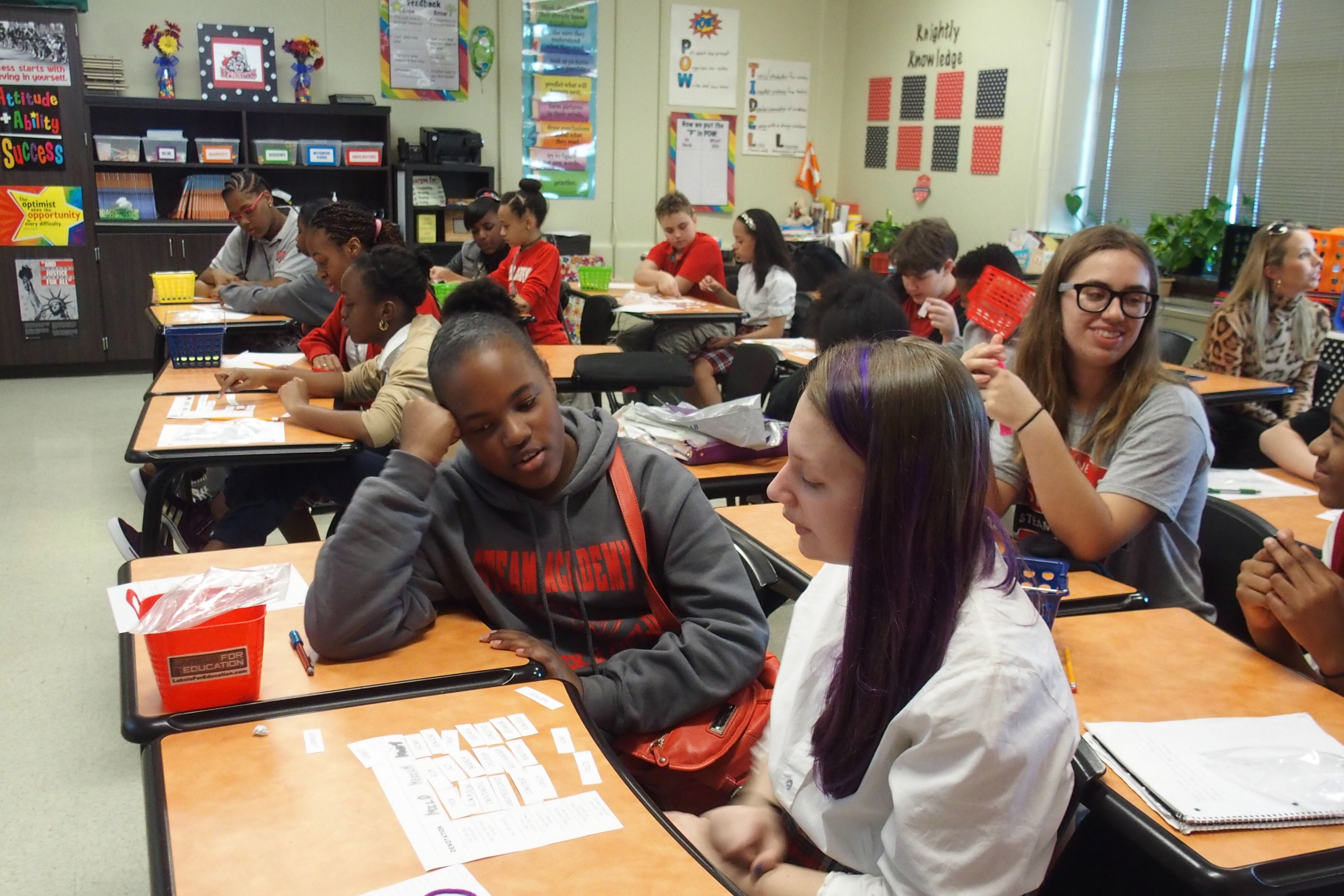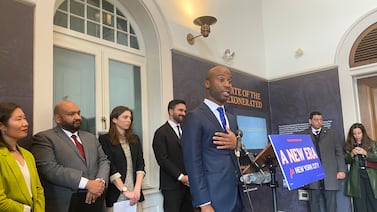Nearly three in 10 Memphis-Shelby County Schools students were chronically absent from school this year — a jump of almost 10 percentage points over pre-pandemic years.
The new data, presented to the school board during a Tuesday committee meeting, also shows that historically underserved student groups — Black students, children from economically disadvantaged families, and students with disabilities — were more likely to be chronically absent.
The data also revealed that MSCS charter schools had lower attendance and higher chronic absenteeism rates — about 90% and 39%, respectively — than district-managed schools — about 92% and 27%, respectively.
Students are considered chronically absent by the state Department of Education if they miss 10% of school days or more for any reason, including both unexcused and excused absences, taken when a student is out sick or in quarantine.
Shawn Page, chief of academic operations and school support, blamed the continued threat of COVID for the spike in habitual absenteeism. Not even a month into the school year, MSCS grappled with skyrocketing COVID cases due to the delta variant. Then, as students and educators returned from winter break, they faced another surge fueled by omicron.
Districts across the nation also reported rising chronic absenteeism earlier this school year, as in-person schooling resumed for the first time in over a year. The soaring absences have raised questions about how much students have recovered from the learning losses stemming from virtual learning if they’re not in class.
In November, the chronic absenteeism rate rose to about 20% in Portland, Maine, compared to 13% in the 2019-20 school year. The story was the same in Detroit: 59% of public school students were considered chronically absent in November — up from an already-high 45%.
Chronic absenteeism rates weren’t quite as high in Memphis before the pandemic, ranging from 16% during the 2017-18 school year to 20% in 2018-19, according to district data. Daily attendance rates hovered around 95%.
This year, chronic absenteeism among Memphis students in both charter and district-managed schools stands at 28%, with an average daily attendance rate of nearly 92%.
Economically disadvantaged students were more likely than any other student group to be chronically absent, with a rate this year of almost 36% — up from about 26% in 2018-19. And just over 30% of Black students and 28% of students with disabilities were chronically absent, according to the data — an increase from about 23% and 26% in 2018-19, respectively.
The district also shared suspension rate data. This year, about 10% of students were suspended, marking a slight decrease from school years before the pandemic. In 2017-18 and 2018-19, the rate stood at nearly 14%. In a continuation of pre-pandemic trends, Black students, children with disabilities, and economically-disadvantaged students were more likely to be suspended than their peers.
Samantha West is a reporter for Chalkbeat Tennessee, where she covers K-12 education in Memphis. Connect with Samantha at swest@chalkbeat.org.






